All stories
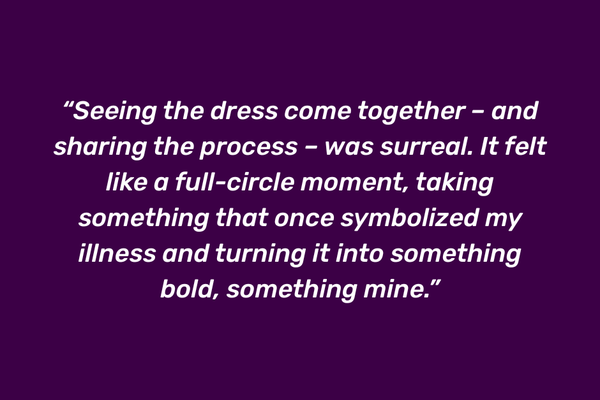
Estranha's Twogether Fundraiser
Seeing the dress come together – and sharing the process – was surreal. It felt like a full-circle moment.
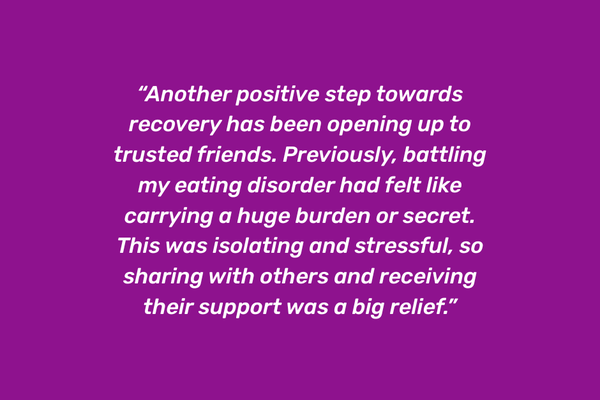
Recovery Hope - Bee's story
I am sharing my story in the hope that others may find it relatable or helpful to their own recovery journeys.
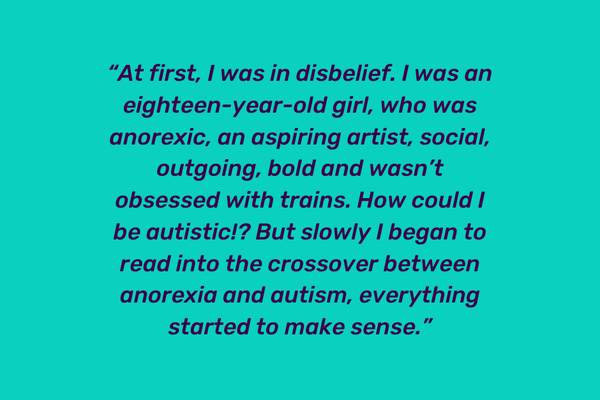
I didn’t know the real reason why this all felt so wrong. I felt broken.
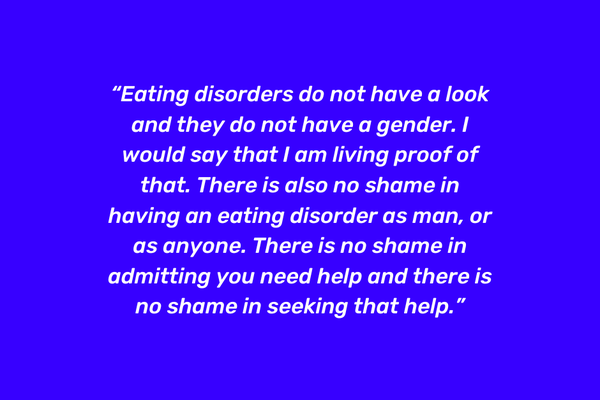
One Size Does Not Fit All - James’ Story
Eating disorders do not have a look and they do not have a gender. I would say that I am living proof of that.
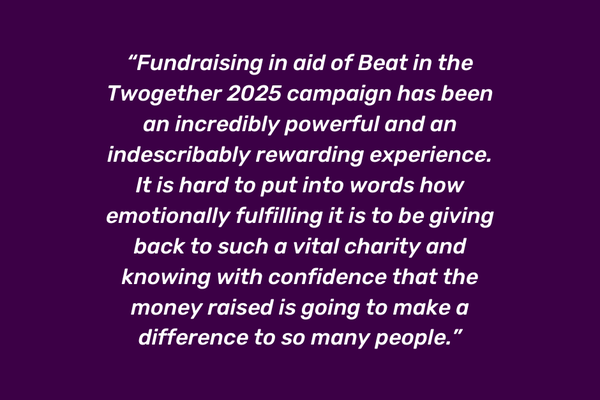
Abbie's Twogether Fundraiser
Fundraising for Beat in the Twogether 2025 campaign has been an incredibly powerful and an indescribably rewarding experience...
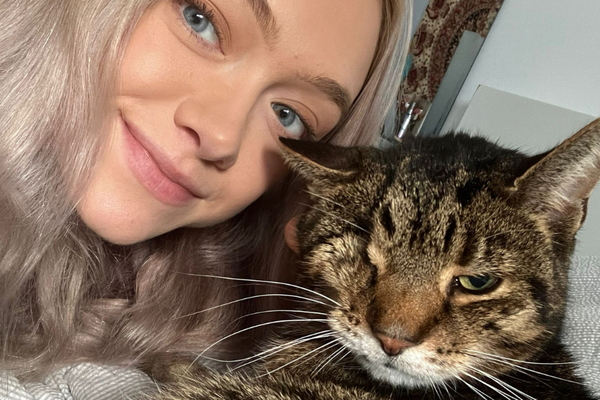
Here is part two of how your pets supported you through your recovery.
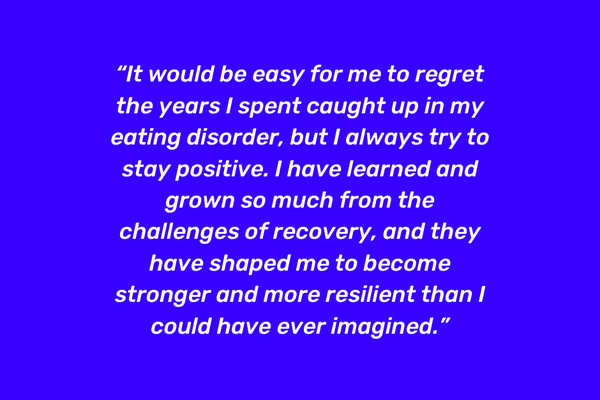
Finding me again in eating disorder recovery - Georgia’s story
Rebuilding your identity in recovery can be daunting - here I share some tips that helped me find the old and new me in recovery
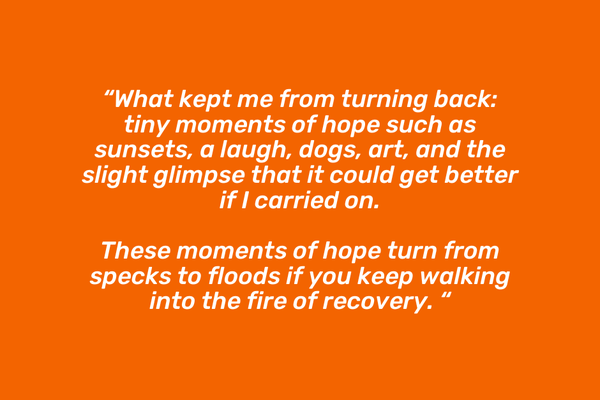
Francesca's story - I promise one day you’ll feel golden
Two years ago, I gradually gathered bravery to try to get better. I did not think that I would get there...
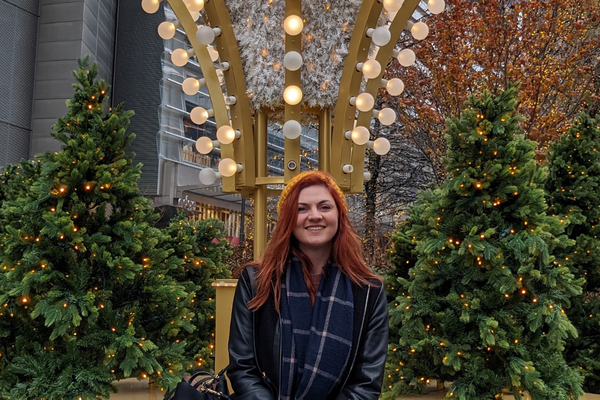
'The Beat Helpline... it's life-changing' - Amelie's story
Amelie shares her experience of anorexia recovery and the impact of our Helpline.
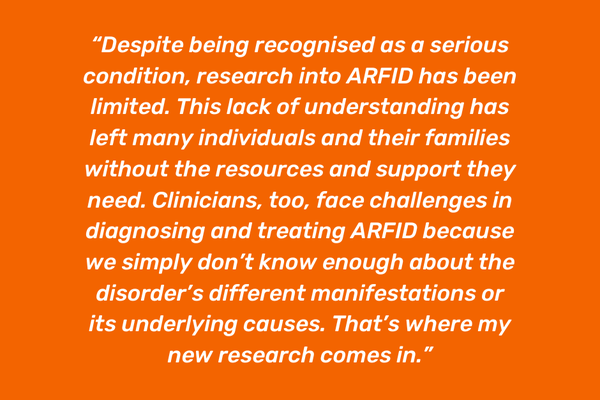
Despite being recognised as a serious condition, research into ARFID has been limited.

Alex's Story - Men's Mental Health Awareness Month
I’d always bought into the myth that eating disorders were something that teenage girls got, not something that men had...
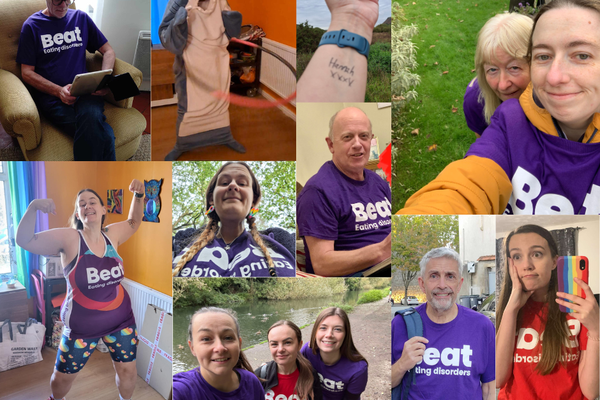
Han United's Beat 1-2-5 Challenges
We are Han United, and we chose to take part in the Beat 1-2-5 Challenge in memory of our daughter, sister and friend Hannah.